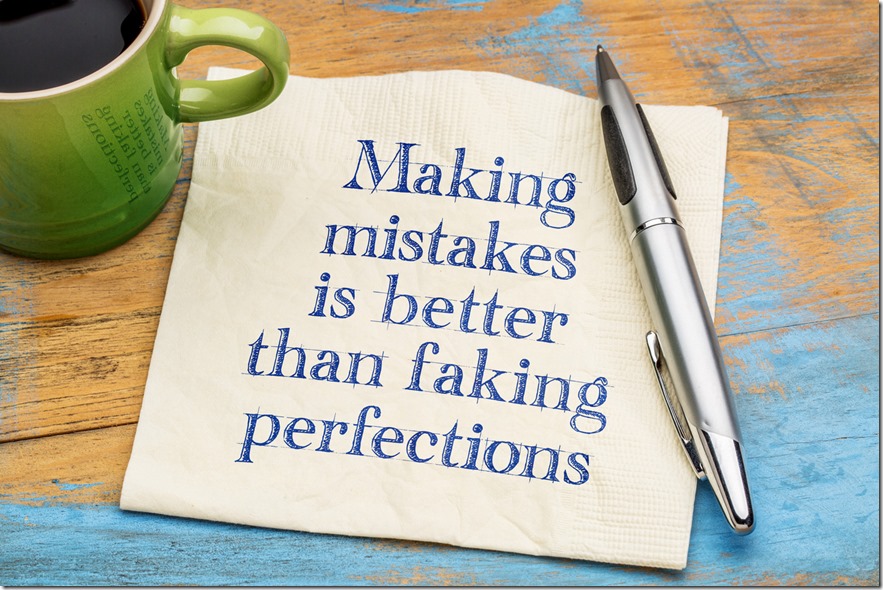A Media Training Mistake I’ve Been Making For Years
You may have heard the term “humblebrag.” Merriam-Webster defines it this way: “To make a seemingly modest, self-critical, or casual statement or reference that is meant to draw attention to one’s admirable or impressive qualities or achievements.”
There’s a risk that this post will come across as a humblebrag. Perhaps it is one. But the self-reflection in this post is genuine.
First, some background. One of our firm’s calling cards is that we do a tremendous amount of research before any media training session. We conduct extensive online searches, read or watch dozens of news clips that feature the client, and develop dozens of practice interview questions in advance of the training.
At the end of many training sessions, our clients note with appreciation our detailed preparation. For years, I’ve felt really good about that feedback. It makes me feel like we’re not just phoning it in with a generic template presentation and that we’re truly putting in the work to justify our fees.
But that’s at least partially about me and my own psychological makeup—and it’s not always about what serves the client best.

At the end of a recent session, a client commented that we were far better prepared than most of the reporters he’s interacted with for decades. Our practice interview questions reflected more knowledge than the average reporter had about his topic, and they were far more specific than the more general questions he’s usually asked.
That gave me pause. It made me wonder if, in our quest to be super-prepared, we were doing our clients a disservice. If we’re asking them questions that don’t reflect the true real-life scenarios they typically encounter, were we really serving them as well as we could?
We’ve made an adjustment after hearing that feedback. We’re still putting in the work, but we’re also adding questions that a “green” or inexperienced reporter might ask.
Those “easier” questions present their own challenges for spokespersons. Some get frustrated with what they perceive as “ignorant” questions—which would not play well during a real interview—and others spend too much time “educating” the reporter with in-the-weeds details that resemble a data dump.
Whether you provide media training to your colleagues or paying clients, my recommendation is to balance the informed questions with the uninformed ones; the sophisticated questions with the unsophisticated ones; and the detailed questions with the simple ones. Such a mix will prepare your trainees far better than demonstrating the breadth of your research by asking solely the informed, sophisticated, and detailed ones.
More Than 10,000 Copies Sold! Read a free excerpt from The Media Training Bible below.



Hey Brad,
Mistakes are bound to happen, we all make mistakes, but the important thing is, we should learn form them and improve, that’s what help us become successful in our life.
What you say?